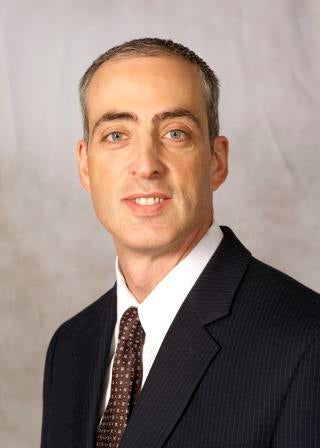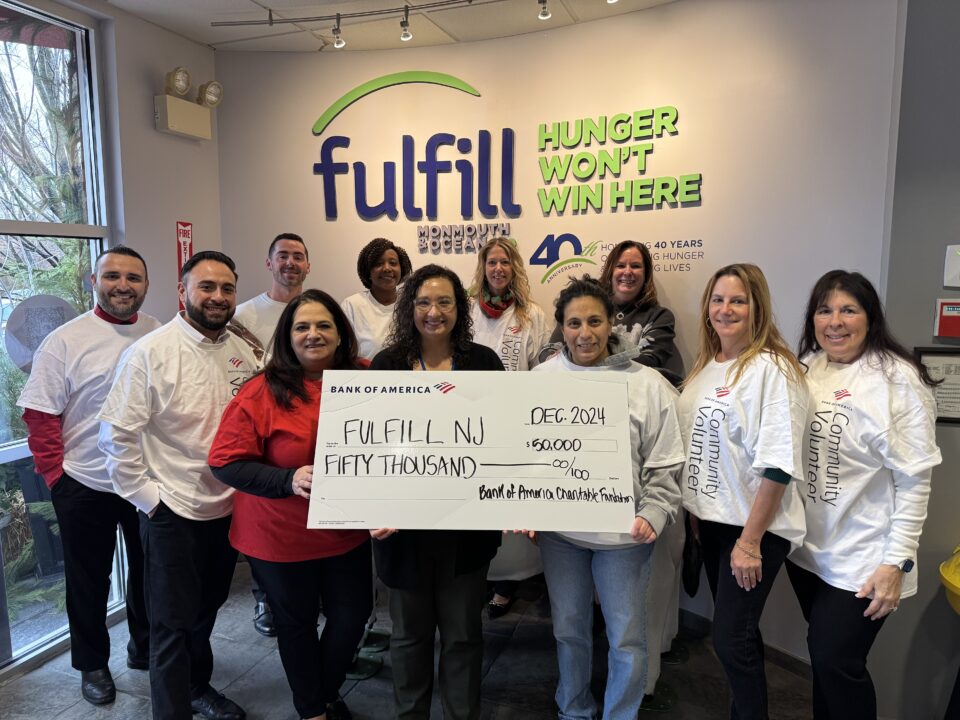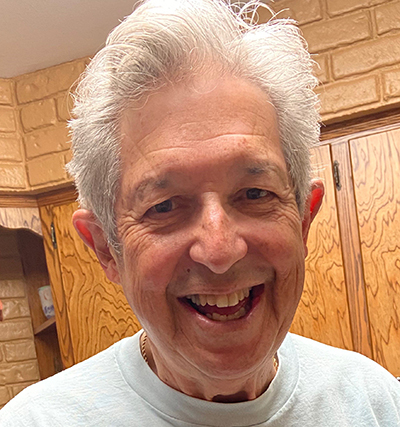Resources for dealing with this unprecedented time
March 20, 2020
Monmouth Medical Center on the frontline
April 2, 2020By Neil Schulman
Long Branch — On Wednesday, March 11, when there were only two confirmed cases of coronavirus in Monmouth County and none in Long Branch, Sidney Johnson, Long Branch Health Commissioner, gave an update on the situation at the Long Branch Council Meeting.
Coronavirus is a serious risk, Johnson said, especially for the elderly, but there are steps people can take to minimize these risks.
“We’re very fortunate in Long Branch to have a health department here in the city,” said Mayor John Pallone. He noted that Johnson had more than 30 years experience, and that the city was “taking every proactive step we can to be prepared.”
Johnson noted that earlier in the day the World Health Organization had declared Covid-19 was a pandemic.
The symptoms and effects of coronavirus can be severe, he said. “It’s not the flu; it’s the flu on steroids.”
It’s also ten times deadlier than the flu.
This is a “novel virus,” meaning it’s new — and nobody had built in immunities.
“All people are susceptible Nobody has any immune antibodies built up,” Johnson said.
Health experts believe it is spread the same with the flu is, through person to person contact. It may also be spread through contacting a surface which has the virus. Whatever the method, it spreads quickly.
“Health experts tell us we should proceed with the assumption the virus will spread more rapidly around the world.”
Symptoms of infection include fever, a persistent cough and shortness of breath. If you show symptoms, officials ask you to stay home.
Since these are common symptoms, tests are required to confirm if a person has coronavirus or something else.
“Testing, unfortunately, is a little limited right now,” Johnson said; for every person who’s actually sick and needs to be tested, there are probably 10 people who are just worried and want to be tested.
Unfortunately, it appears that things can “go south very quickly” with the disease. If something seriously happens, people should go to an emergency room. But it’s best to contact the hospital in advance if possible so they can take precautions.
Everyone could contract it, but the virus seems to cause the most serious problems among the elderly and those with existing health problems such as asthma.
Some of the best advice to preventing the spread is what you learned in childhood, Johnson said.
‘Wash your hands, like your mother told you,” he said.
Officials also recommend sanitizing surfaces, and practicing social distancing, and those who may have come in contacted with someone infected are asked to practice voluntary quarantines.
The WHO has been encouraging “Do The Five.”
• Hands: Wash them often
• Elbow: Cough into them
• Face: Don’t touch it.
• Feet: Stay more than 3 feet apart.
• Feel: Feel sick? Stay home.
Johnson did warn that nobody was certain what would happen with the virus.
“Italy is a modern country. It’s completely shut down,” he said, adding it’s not clear what will happen in America.
“We haven’t done this in the U.S. for a long time. Maybe the flu epidemic of 1918,” he said.
Johnson’s full remarks are available at in a video, shown below.




